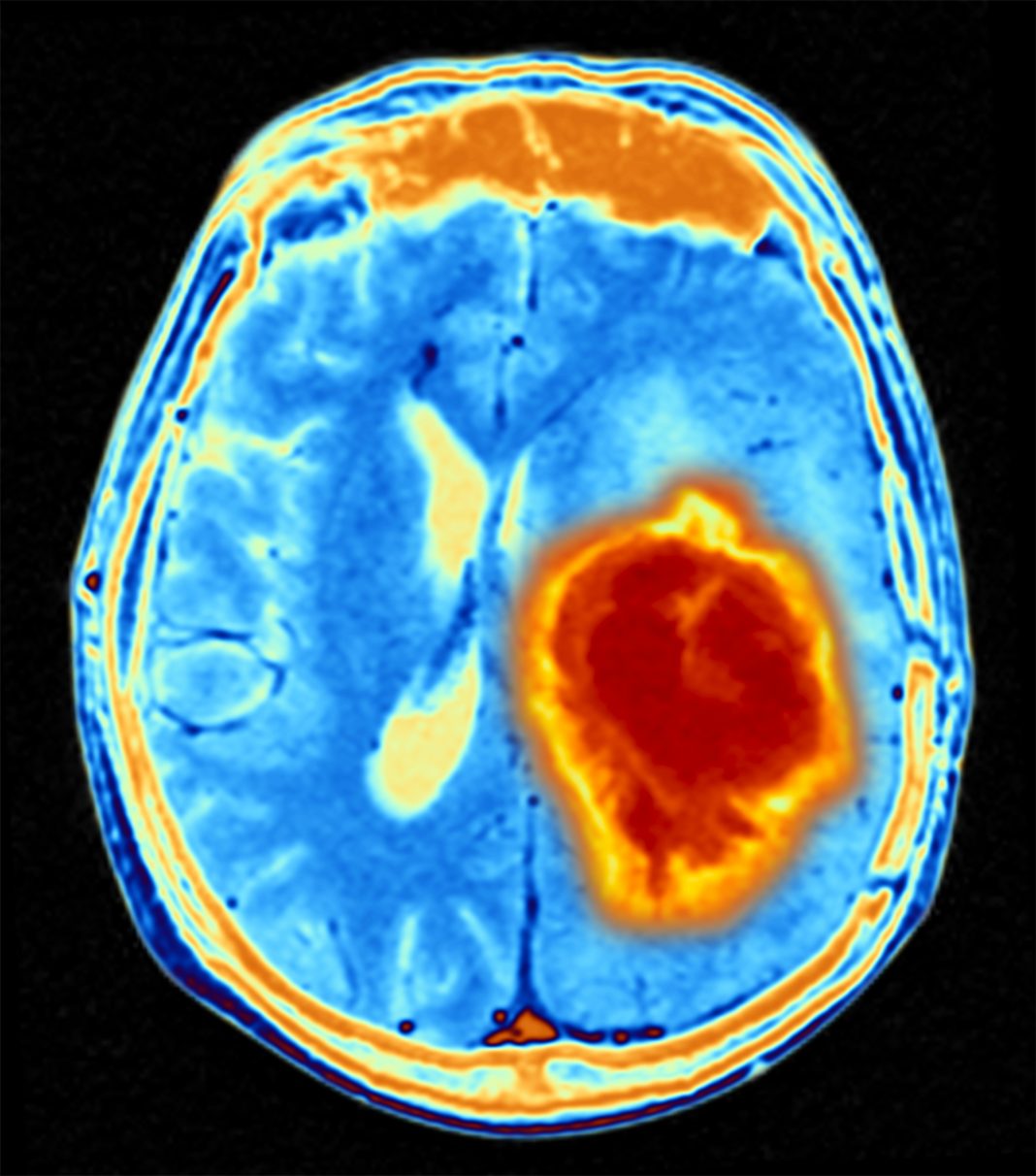
Northwestern Medicine scientists have discovered that inhibiting the GATA6 protein in mouse models of colon cancer reduced tumor growth and improved survival, underscoring the potential of a new therapeutic target for colon cancer, according to a recent study published in Science Advances . "This is the first time we show that GATA6 is a global regulator and controls many key oncogenes in colon cancer ," said Feng Yue, Ph.D.
, the Duane and Susan Burnham Professor of Molecular Medicine and senior author of the study. Colon cancer is the fourth most diagnosed cancer in the U.S.

, according to recent statistics from the National Cancer Institute. While comprehensive treatment strategies including surgery, chemotherapy and radiation can be successful for treating advanced cancer, the five-year survival rate remains at 65%, underscoring the need for new targeted therapies. Previous work has shown that the overexpression of the GATA6 protein is associated with colon cancer tumor growth and metastasis, but its precise role in gene regulation has yet to be explored.
In the current study, Yue's team performed comprehensive genomic profiling of human colon cancer tumor tissue samples and studied RNA sequencing data from patients with colon cancer from The Cancer Genome Atlas database. Using this approach, the scientists found that GATA6 specifically binds to colon cancer-specific active enhancers, specific regions of DNA that are activated in cancer cells and contribute to the cancer progression, and also interacts with CTCF, a known tumor-suppressor protein that regulates the structure of the genome. "Traditionally, there has been very little known about what transcription factors are involved with tissue-specific genome folding.
So, this is actually one of the few cases that we show that an important transcription factor is directly responsible for the DNA folding in this disease-specific pattern," said Yue, who is also a professor of Biochemistry and Molecular Genetics of Pathology and director of the Center for Advanced Molecular Analysis. Next, the scientists used CRISPR and an auxin-inducible degron system—a protein degradation technique—to knockout GATA6 in multiple colon cancer cell lines and found that this impaired the cancer cells' ability to grow and proliferate. In mouse models of colon cancer, the scientists also found that inhibiting GATA6 in the cancer cells also reduced tumor growth and improved survival compared to mice without the GATA6 knockout.
"We show that once the GATA6 gene is abolished, the mice that carried colon cancer cells actually lived longer than mice without the GATA6 ablation. This is really exciting and suggests that GATA6 might be a potent therapeutic target for colon cancer patients," Yue said. Moving forward, Yue said his team aims to determine whether GATA6 plays a similar role in other types of cancer and to identify and test GATA6 inhibitor drugs as potential treatments for colon cancer.
"If there are inhibitors that can help us specifically manipulate the expression of this gene and whether they can really have an effect on the patient, that's the next step," Yue said. More information: Huijue Lyu et al, Pioneer factor GATA6 promotes colorectal cancer through 3D genome regulation, Science Advances (2025). DOI: 10.
1126/sciadv.ads4985.















